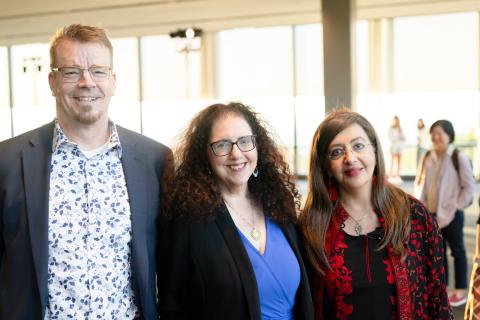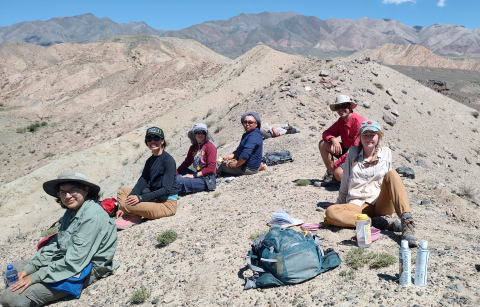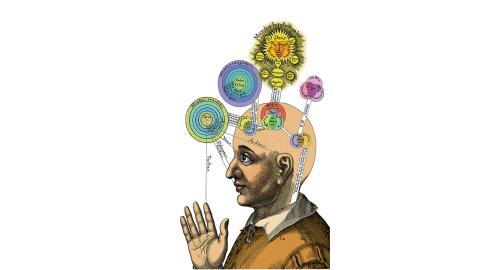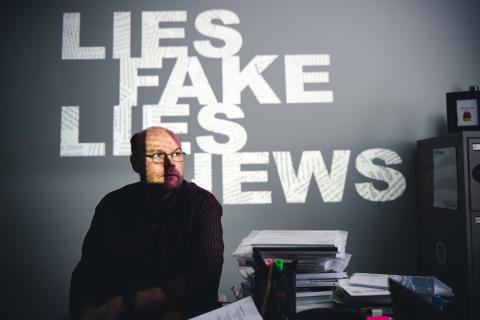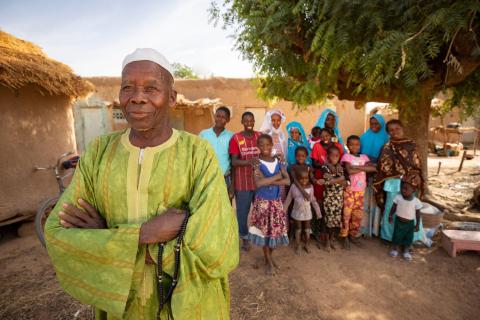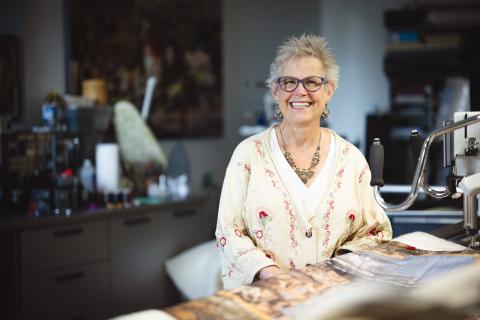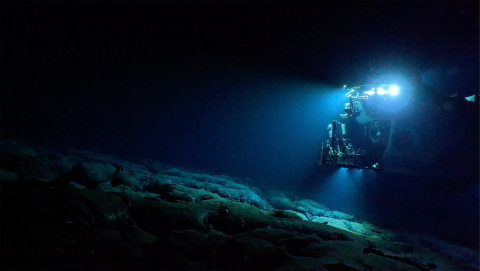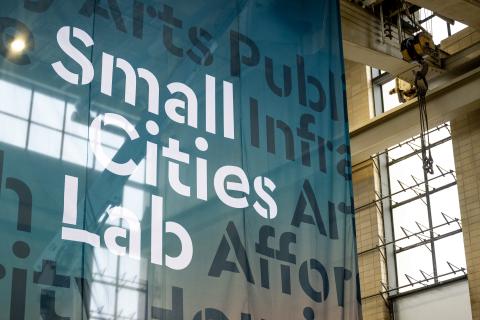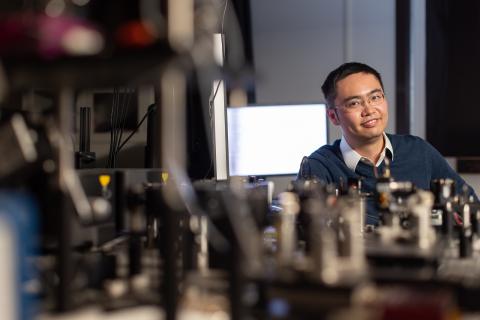
Math & Natural Sciences | Mar. 10, 2025
Xiaoji Xu Honored with 2025 ACS Richard Van Duyne Early Career Award
The Physical Chemistry Division of the American Chemical Society has named Xiaoji Xu as the winner of the prestigious 2025 Richard Van Duyne Early Career Award in Experimental Physical Chemistry.
The award recognizes outstanding contributions in experimental physical chemistry by a young investigator. Xu will accept the award and present an award lecture at the 2025 Fall ACS National Meeting.

